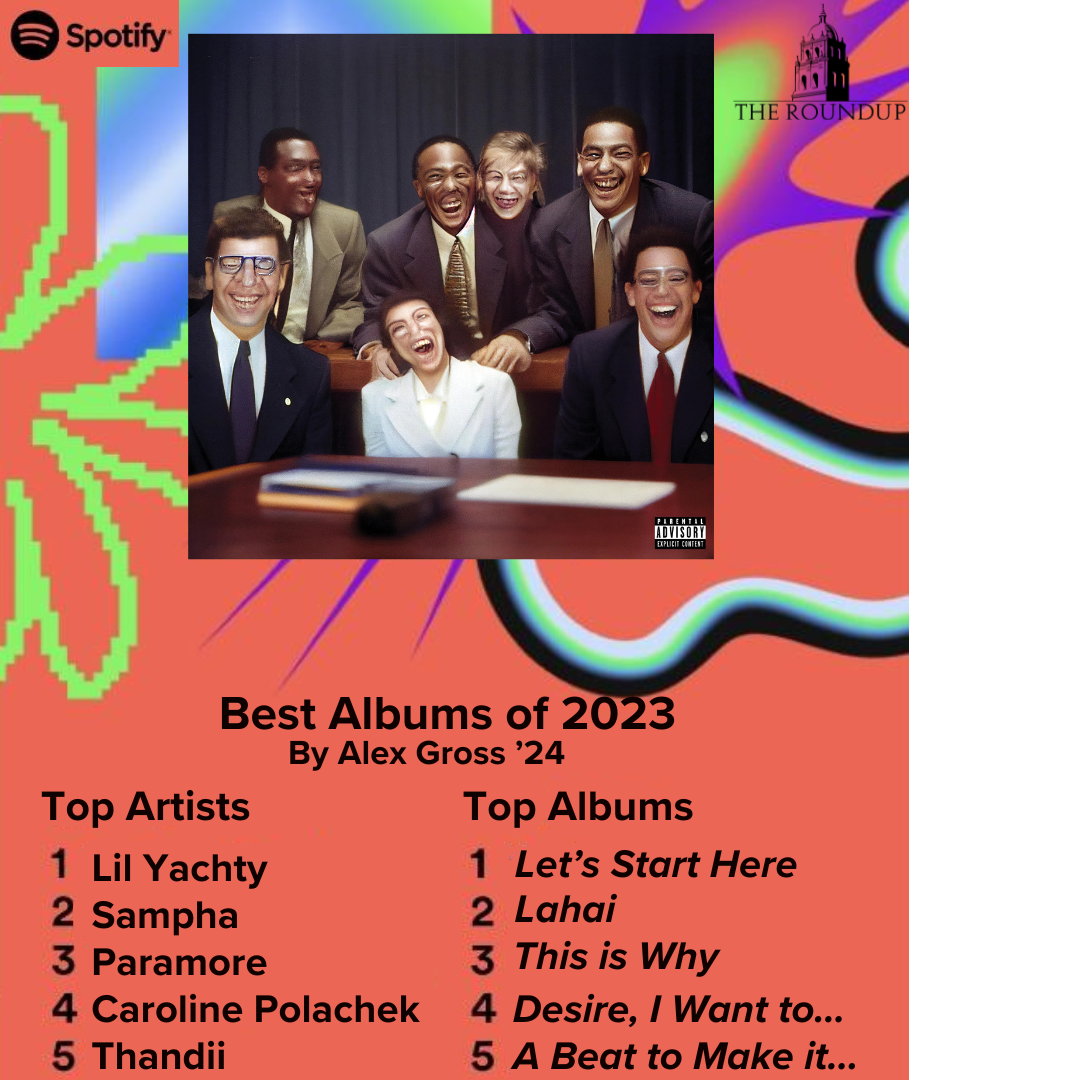By Juan Carlos Ramirez ’18
THE ROUNDUP
Having been derived from the latin meaning for black, the n-word has held a significant role in American History as an extremely derogatory term.
The word is so prevalent that it is mentioned 219 times in the novel “The Adventures of Huckleberry Finn” by Mark Twain, which was a novel written in 1883 that evoked perspective of that particular era in American history.
In modern times, the n-word has gone through a similar alteration that implements a soft “a” ending in an attempt to lessen the negative connotation.
Aside from the alteration, the n-word has been deemed over the years as an “only black” terminology, which can only be exclusively said by black people in the black community.
According to the Merriam-Webster Dictionary, a double standard is a set of principles that applies differently and usually more rigorously to one group of people or circumstances than to another.
Black Student Union leader Axell Komlan ’18 said he does not believe in the double standard that the n-word imposes on other people.
“I’m not a fan of double standards,” Komlan said. “In 2017 we are all for equality and inclusion. So I will say that if that double standard is going to be there, there is no point in using it. If there is not going to be a double standard to a point where the use of the word is going to be able to transcend race, then of course.”
He added that he does not personally use the n-word because he believes it has been used to demean and demoralize in the past.
Science teacher Mrs. Tanea Hibler said she thought the n-word is typically said by men in lower class communities.
“I hear men doing that,” Mrs. Hibler said. “A lot of times it’s lower class communities or lower class socioeconomic people using that word. I would never introduce myself in that way or refer to a person in that way because I’m pretty sure they would be offended.”
Mrs. Hibler added that language has been a constant evolving subject.
“Now if you say ni**er, no matter who you are saying it to–there is going to be a problem,” Mrs. Hibler said. “I don’t personally use the word, but language has evolved. The meanings of words can change, and it really depends on how people use them.”
Very popular in current music industry, the n-word with soft “a” has been lyrically used in songs like “Ambitionz az a ridah” by 2Pac, “Vato” by Snoop Dogg, “Rich Niggaz” by J. Cole, “First Day Out” by Teo Grizzly, “Element” by Kendrick Lamar, “The Story of OJ” by Jay Z, and “Riot” by XXTENTACION.
Mrs. Hibler said that famous artists like Jay Z are going to say what they want because they have the freedom of speech.
Black Student Union member Atllas Hopkins ’19 said that the elimination of the n-word is impossible because of the constant usage of the word.
“I just think that completely eliminating the word is going to be impossible because it has been so popularized,” Hopkins said. “There is not a way to really stop people from saying it.”
He added that BSU is also split on the issue of the n-word and its usage by certain ethnic races.
“Each year we take up a good week talking about the use of it,” Hopkins said. “It is more like divided. Some people think that ‘yes , only black people should only say it. White and other people shouldn’t.’ Then there are people like me. If I can say it, then someone else can say it if it is appropriate.”
Black Student Union member Christian Kirkland ’18 said that it is inevitable that white people are still going to say the n-word because of music.
“I used to think that only black people could say it, but the more I get older I realized that white people are going to say the n-word,” Kirkland said. “I think because of music. Pretty much everyone listens to hip hop or R&B and all of them pretty much use the n-word. So if you are singing along to your favorite song, you are not going to censor yourself when you are singing.”
He added that he does not feel racism at Brophy, but some people do try to push boundaries.
“I think most of the white people here are not racist,” Kirkland said. “I think they don’t know boundaries. I think they like to see how far they can go.”
Mrs. Hibler said that the best way to deal with these issues is confrontation.
“I would tell students confront people,” Mrs. Hibler said. “Not just black students but all students need to confront each other and stand up for each other. And then I think the culture of the campus will be more positive.”























